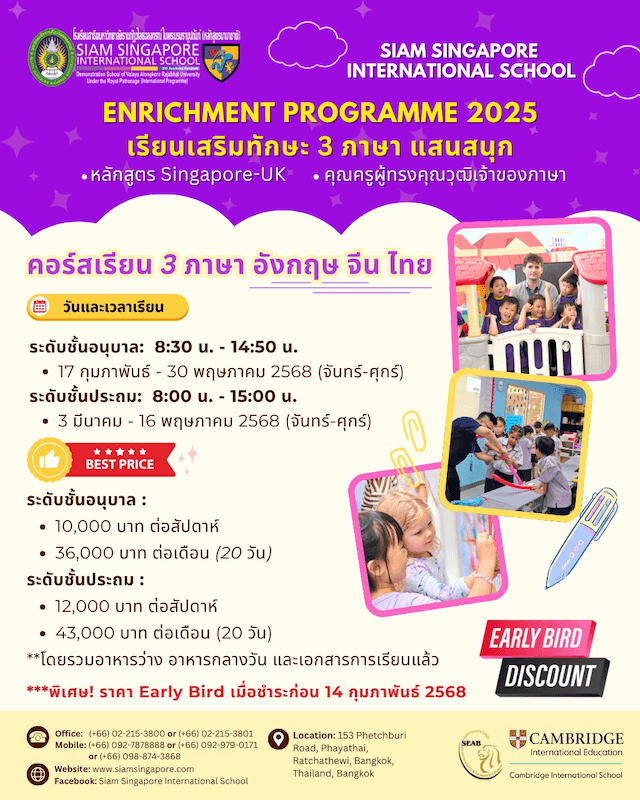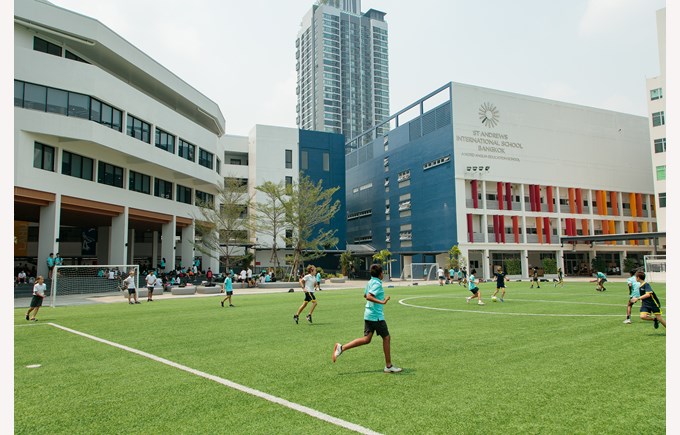There are still many misconceptions over IB World Schools and which IB programmes they offer. IB World Schools are International Baccalaureate (IB) schools that feature one or more of the inquiry based IB Programmes: the PYP (primary years programme) for children aged 3-12 years old, the MYP (Middle years programme) aged 12 to 16, the DP Diploma programme for 16-19 year olds or the CP career related programme, also for 16-19 year olds. IB World Schools may offer one, two, three or all four of these programmes. If you are looking for a school that offers and IB education throughout, for children from 3-19 years old, then you should look out for the IB continuum logo. You can identify an IB continuum school by the logo below and the schools are sometimes called “full IB schools”. At present there are three schools in Bangkok that offer the IB continuum.
They focus on concurrent themes and events and look at subjects such as history, geography and science through global contexts.
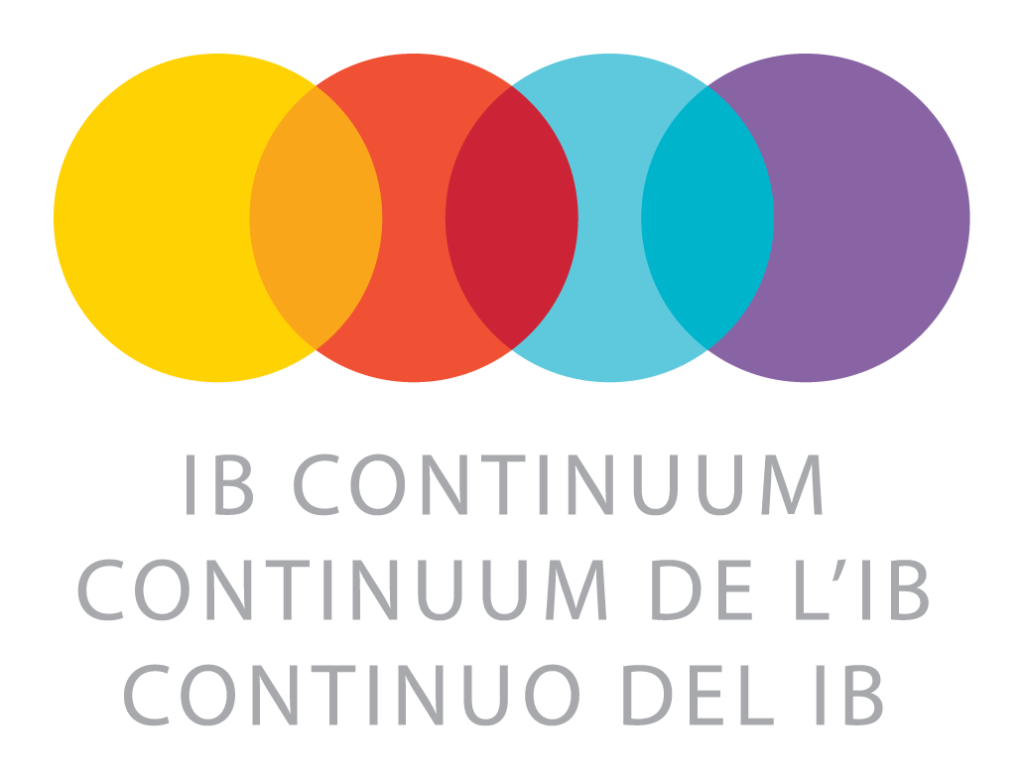
We are definitely not the experts on this subject so we have asked one of Bangkok’s leading full IB World schools to give us the facts vs the myths that surround these unique schools and what they offer as value for an international education. Here they address some common questions that arise surrounding the growing popularity for full IB World schools.
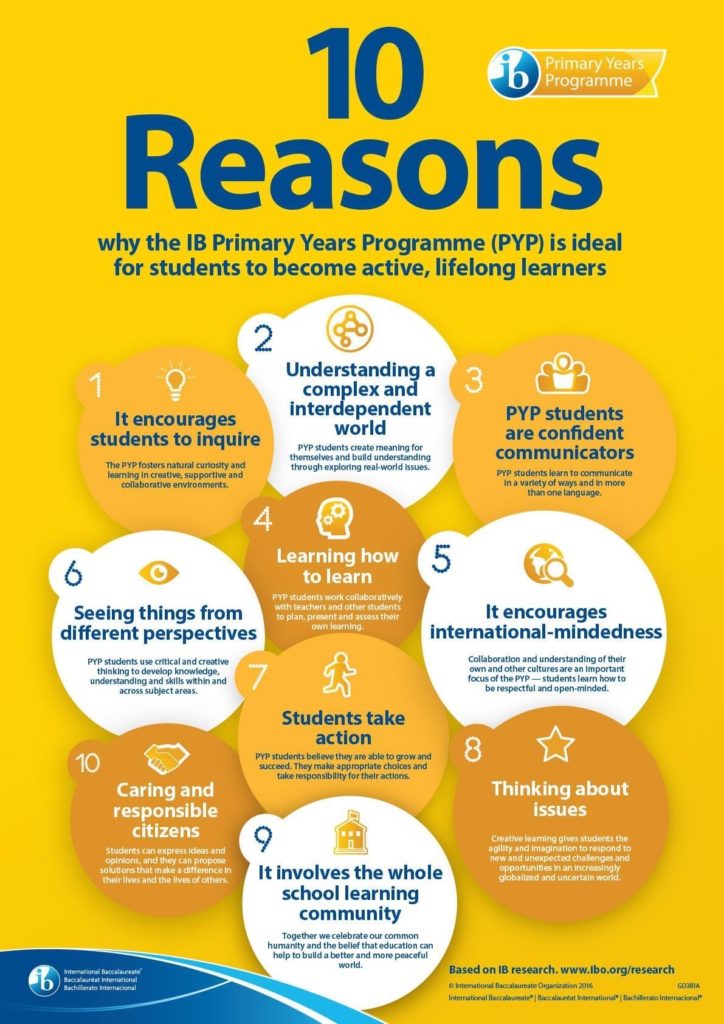
Where can I find the PYP and MYP Curriculums?
Both the PYP and the MYP are offered by schools around the world. If you are looking within Thailand, you can check out the IB’s page to find which schools offer which programmes. In Bangkok, only KIS International School, NIST International School and Concordian International School offer a continuum of IB education.
The IB offers a curriculum framework for the PYP, which is divided into the written curriculum, the taught curriculum and the assessed curriculum . The written curriculum (what the children learn) focuses on developing knowledge, skills, and attitudes, while understanding concepts and taking responsible action. This is different from many other curricula which may focus on knowledge only.
The taught curriculum guides schools on how to deliver the written curriculum by drawing on the students’ prior knowledge, providing provocation through new experiences and providing opportunities for reflection and consolidation. The assessed curriculum guides schools on how to evaluate what the children have learned in order to further develop their learning, provide data on student learning and ensure the programme is delivered effectively.
Children will learn sciences, languages, mathematics, social studies, arts and personal, social and physical education. These are taught in a transdisciplinary manner, meaning the subjects are taught within a real world context and connected to each other. The specific topics within
these subjects may vary from school to school, but are generally based on international benchmarks.
The MYP curriculum covers the following subjects: language acquisition, language and literature, individuals and societies, sciences, mathematics, arts, design and physical and health education. Like the PYP, the subjects are taught within global contexts (identities and relationships, personal and cultural expression, orientations in space and time, scientific and technical innovation, fairness and development, globalization and sustainability). There is a strong interdisciplinary element to the MYP so students understand how subjects connect with each other. All IB programmes include critical thinking, learning how to learn, internationalism,
and service.
Will my early years child still get a solid foundation in Maths?
Yes. All IB programmes have a strong mathematics component, from the earliest learners to the IB Diploma. In the Early Years, children start with foundation skills including numbers, patterns, sorting, etc. Early Years students learn through play, so teachers will design and set up play-based activities for specific purposes, including for delivery of the math curriculum such as comparing sizes, describing shapes, numbers, addition and subtraction.
I have heard that English Grammar is only taught in PYP not MYP?
Grammar is taught in both the PYP and MYP, where grammar is one of the criteria for both Language and Literature and Language Acquisition. However, grammar is not taught through worksheets or from textbooks. Instead, in both programmes, the focus is on language structure, literacy development and language and literature understandings. Grammatical conventions are taught wherever the children would be able to purposefully apply them, not by filling in the blanks in a sentence, or circling a word.
What is PYP Exhibition?
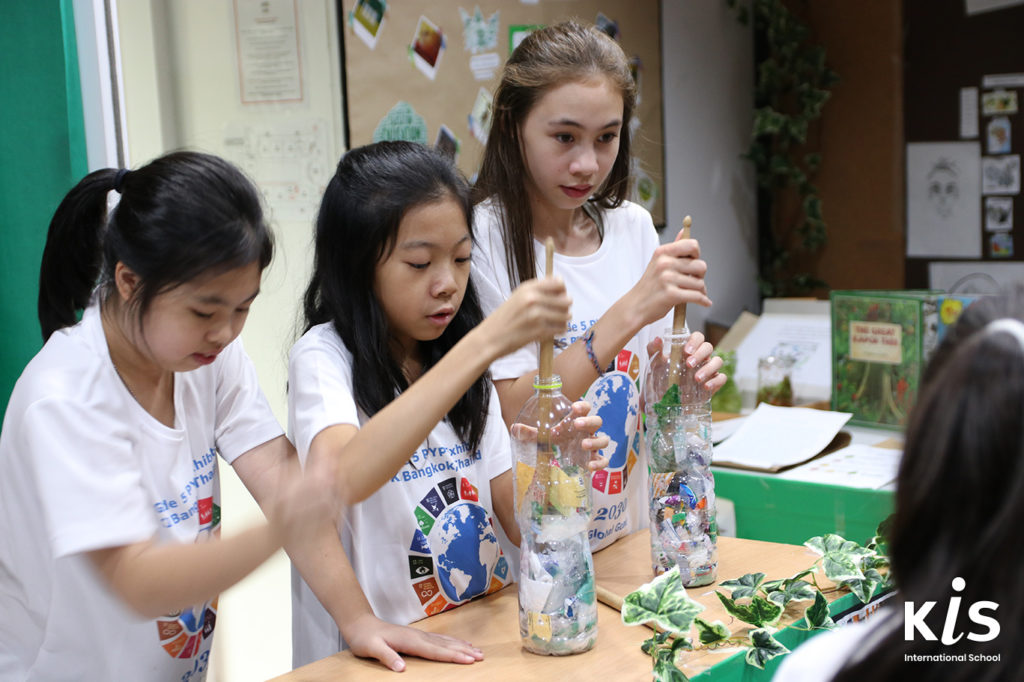
The PYP Exhibition is an in-depth, collaborative capstone project that students do at the end of Grade 5, the last year of the PYP. It provides students with the opportunity to put into practice everything they have learned in the PYP. Students develop their own inquiry into a topic of personal interest, connecting this to a local or global issue, such as coral bleaching or gender equality. Paired with a mentor, they have full control of the process, deciding what to learn, how to document, and what and how to present. During the process, they will be speaking with experts, reflecting on what they have learned and documenting their journey. This project
culminates in an exhibition, where students share what they have learned and answer questions about their topics.
How can I asses my child’s learning?
Assessment is done continuously, by the teachers as well as the students themselves. Students in the IB programmes are assessed continuously rather than through just final exams. This gives teachers, parents and students a better indication of how the child is doing, rather than
only assessing on exam day. In addition, it allows for early support in case this is required. As a parent, you should have plenty of opportunities to talk with your child’s teachers about their learning and frequently receive feedback on individual assignments in addition to their regular report cards. Many schools will have platforms such as Seesaw or Managebac where you can readily view the feedback that your child is receiving from his or her teachers.
Why doesn’t my child have History & Geography classes?
In the PYP and MYP, history and geography are taught in an interdisciplinary way. In the PYP, teachers develop trans-disciplinary units of inquiry that are structured around big concepts such as civilisation, migration, and community. Through these units, children learn in ways that are appropriate to their age and context. For example, the community unit explores systems, organisation, roles, change, mapwork, environmental learning and more. Through making connections rather than memorising discrete facts, children can make more sense of their learning and are better prepared to take their place in the world. This allows deeper
understanding of the way the world works.
In MYP, students may have history or geography as separate subjects, but often schools will offer the subject Individuals and Societies, which, like social studies in the PYP, covers a broad range of subjects, taught within the framework of larger concepts.
Is the MYP a good transition into the IB Diploma?
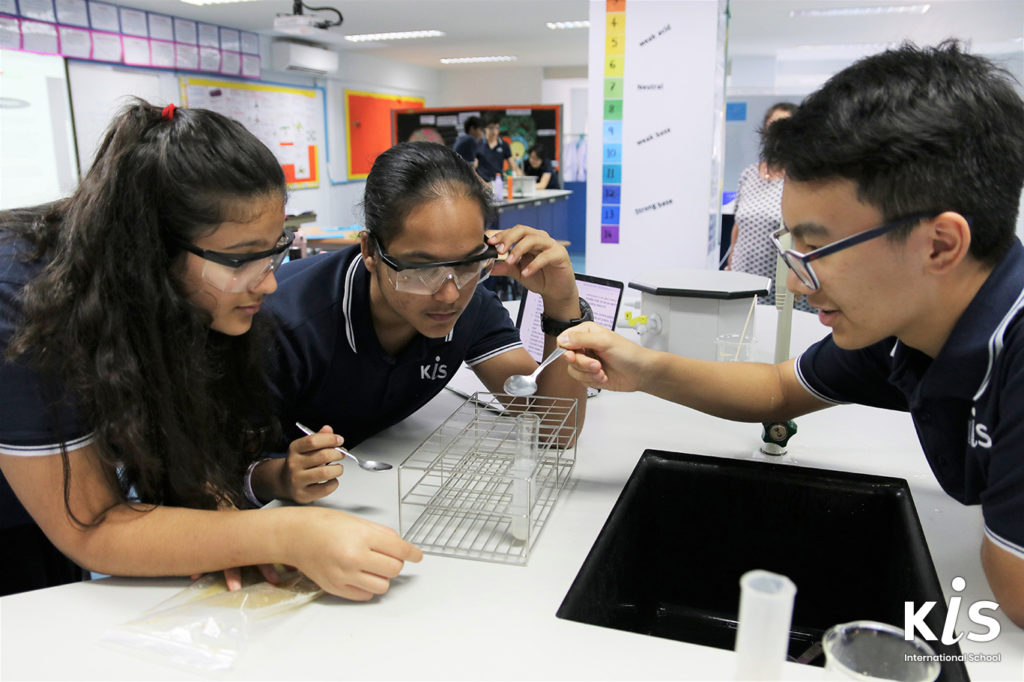
Although schools may choose to offer one, two, three or four IB programmes (the fourth, newest and lesser known programme is the Career-related Programme for 16-19 year olds) , these programmes offer a continuum of education. There are benefits to having done the MYP before
going into the IB Diploma. Students who have done the MYP will have learned to be independent and confident in their learning. They will have developed their higher order thinking skills, such as analyzing and evaluating information. In addition they will be experienced writers and researchers, and know how to transfer what they have learned to new situations. MYP students also develop a positive attitude to learning and better study skills, as well as affective skills such as resilience and dealing with stress. All of these help students be more successful in the DP than students who have not done the MYP as evidenced by research done by Australian Council of Educational Research (ACER), showing that MYP students have higher overall DP scores than other students.
If my child hasn’t done MYP can they still do the IB Diploma?
Each of the IB programmes can be taught without the others, and many schools offer the IB Diploma without offering the PYP or the MYP. Each year schools enrol new students into the IB Diploma programme without prior IB experience. Students may go through a transition period where the students learn what the IB expects of them. Most of these students successfully graduate with an IB Diploma. Furthermore, most schools will assess students before entry into the Diploma programme to ensure the student’s success.
Does the MYP Personal Project equate to the British IGCSE examinations?
Although the MYP Personal Project is done at the end of Grade 10 (Year 11), it should not be compared to IGCSE exams. The personal project, like the PYP Exhibition, is a culminating project of the programme. A student will set out to achieve a certain goal (for example, design an environmentally friendly house, make an electric guitar, write a novel, learn how to play the
piano). The process of going from an idea to a completed product or achievement is where the value of the Personal Project lies. Students must use what they have learned in the MYP to manage and complete this project, and reflect on what they have learned. This should not be compared to subject based exams such as the IGCSE or the Grade 10 end of year school exams. Some schools will offer students an MYP certificate, based on external assessment; however, many schools do not do this as students don’t leave school but go on to achieve an IBDiploma two years later.
What are the benefits of a full IB World School?
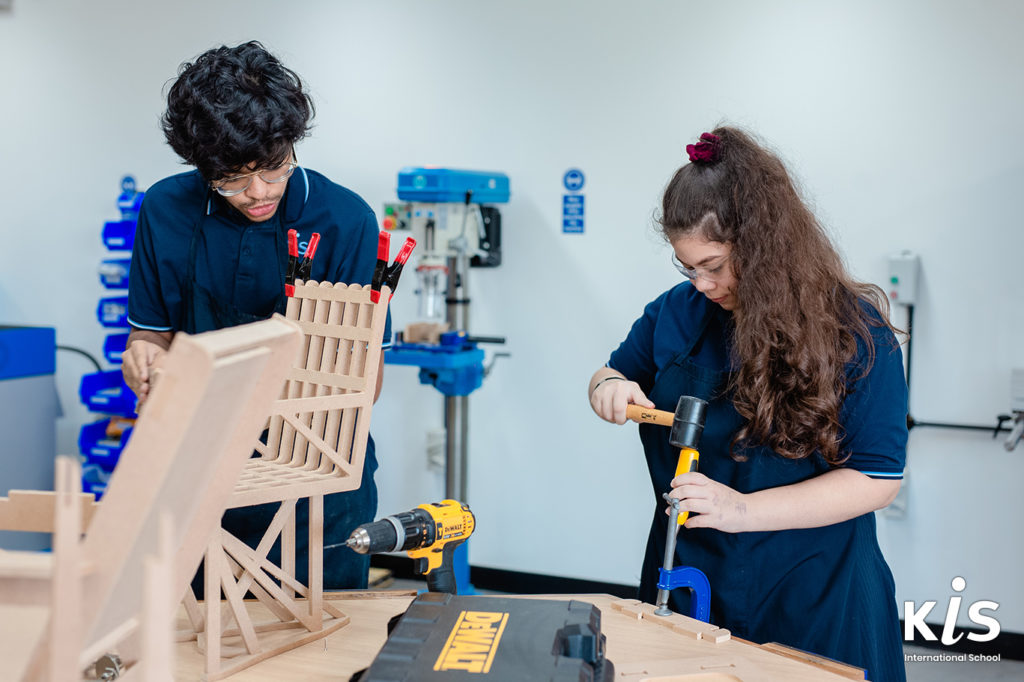
A full IB World School, or IB continuum school, provides the benefit of providing a strong, balanced and international education for the entire journey from Early Years to the completion of high school. Each of the programmes in their own right are outstanding and geared to personal
and academic achievement appropriate to the child’s age.
Another benefit is the transferability of the IB. Since students learn how to be good learners, and develop resilience, responsibility for their learning and an acceptance of different points of view, it is easier for them to transfer from an IB school into another school, IB or otherwise.
On a side note, it is not recommended to transfer schools during the 2 years of the IB Diploma programme as not every school will offer the same subjects, and even if the subjects are the same the content may not be.
An IB Continuum also delivers a seamless curriculum. This means that student transitions from one section to another section are much easier as students will already be familiar with the expectations and terminology of the programme. The programmes are designed to segue into each other smoothly with common characteristics such as a strong international dimension, developing skills for learning and for life, and encouraging students to contribute to their communities. Across all programmes, the IB aims for students to model the IB Learner Profile, encouraging students to be Inquirers, Knowledgeable, Thinkers, Communicators, Principled, Open-minded, Caring, Risk-takers, Balanced and Reflective. As students don’t have to switch to completely different programmes along the way, they are able to show an uninterrupted growth as IB learners, becoming more independent and responsible for their learning outcomes. A full IB school also means that the school is regularly reviewed and re-authorised by the IB for all of its programmes, ensuring high standards throughout.
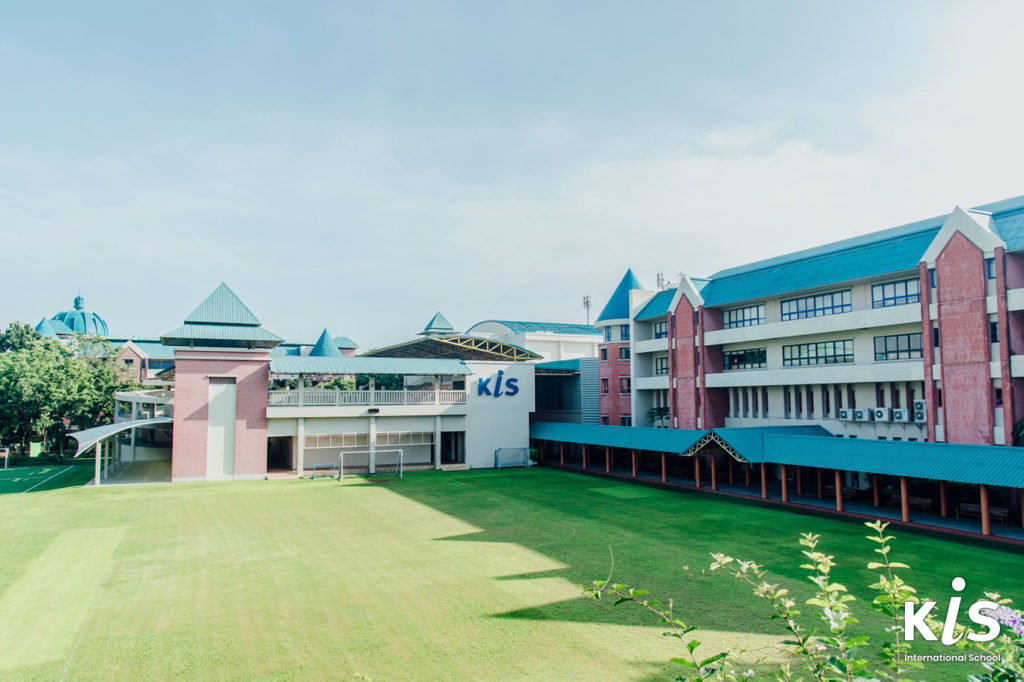
Should you wish to know more about KIS International School, a fully accredited IB World school, please click here to contact their friendly admissions team









